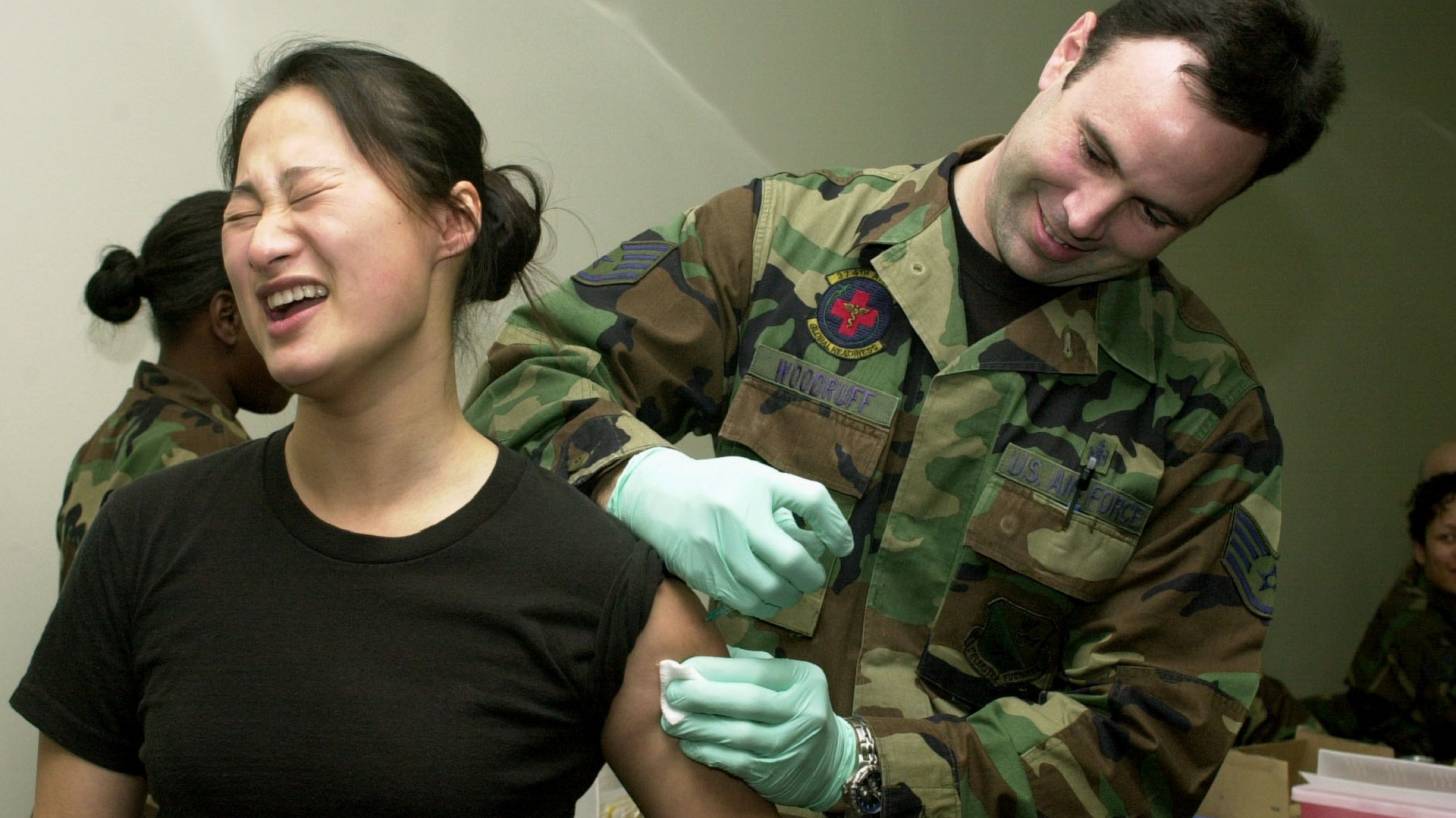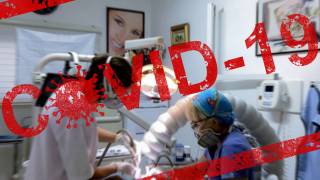US Army Selects SpFN For Its Coronavirus Vaccine Candidate

US Army scientists say they have a vaccine candidate with the potential to fight COVID-19 disease and protect individuals from future coronavirus infections, from season to season, and for decades to come.
The scientists at the Walter Reed Army Institute of Research said to McClatchy news they have chosen Spike Ferritin Nanoparticle (SpFN), after testing dozens of variants of vaccine candidates.
SpFN differs from other vaccines under development, in that it uses a soccer-ball-shaped protein that allows scientists to harness the spikes of multiple coronavirus strains on 24 different faces of the protein.
This attracted a stronger immune system response in tests with mice than other approaches, where there was only one spike of the coronavirus inserted on a vaccine candidate.
“It was a real sense of relief to discover a strong vaccine candidate,” Dr. Kayvon Modjarrad, director of Walter Reed’s Emerging Infectious Diseases Branch, said in an exclusive interview with McClatchy.
“The one that we selected from all those different versions, is one that actually, even after giving one dose, looks much better than if you were to give just the spike protein alone, which is in other vaccines — if you gave multiple doses of that vaccine — one dose of our vaccine looks better already,” Dr. Modjarrad said.
“You can mix-and-match the different spikes you put on that particle, that soccer ball, so you have different coronavirus strains on there.”
“If things look good for our vaccine, we hope that it’ll be complementing the vaccines that are already out there as a long-term approach.”
The result may be a vaccine that can offer protection against future strains of the virus, he said.
Dr. Modjarrad concluded saying, “We can use this platform as a universal approach to address all those coronaviruses.”
The vaccine, like many others under development, is being fast-tracked. Now that it has been vetted for generating an immune system response, it will move into further testing, involving monkeys, to see if the vaccine protects them against the virus.
At the same time, it will move into a manufacturing phase, where samples of the vaccine will be further reviewed to meet government safety standards, to have supplies of the vaccine on hand, and ready to go for initial human trials in the summer.
If those limited trials work, the vaccine will go into more widespread human trials in the fall of 2020.
Previously, on April 16, 2020, the US Defense Department transitioned to reporting cumulative COVID-19 cases, stating that it believes this “more accurately reflects the effects of COVID-19 to our force” and pledging to “continue to refine” it’s reporting.
The updated data is available on this webpage.
Precision Vaccinations published vaccine research news.
Our Trust Standards: Medical Advisory Committee

























